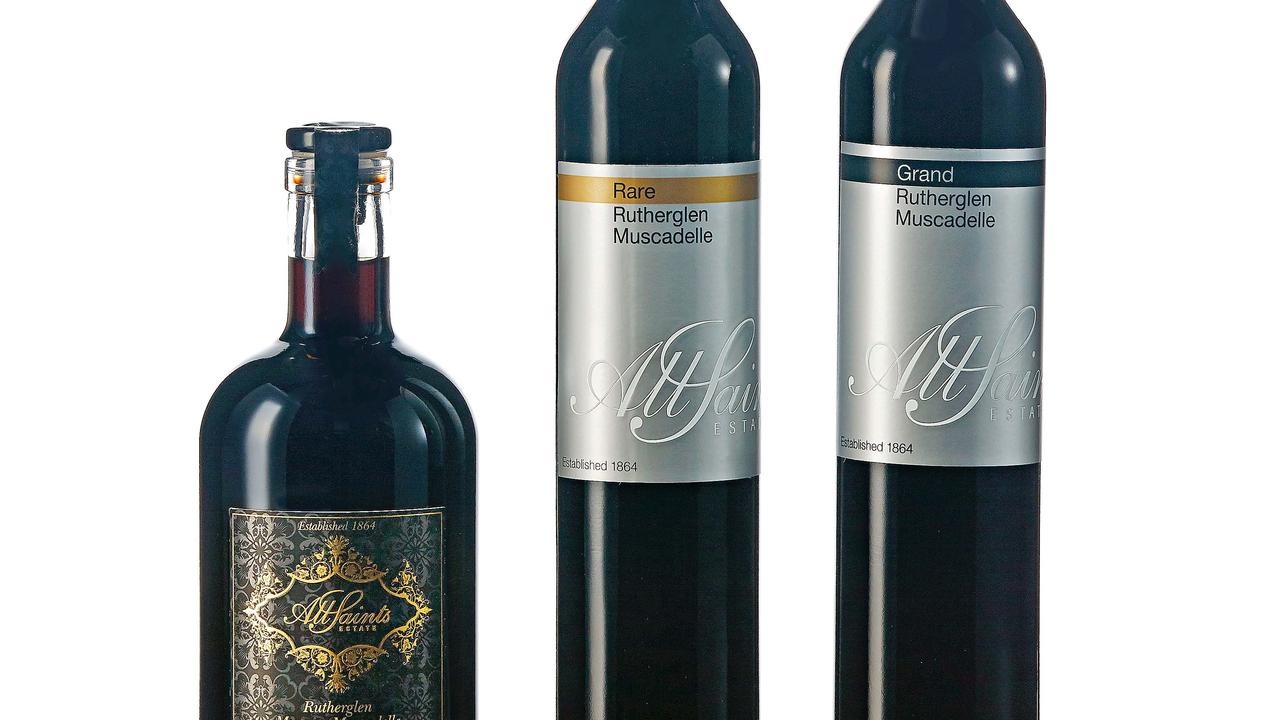Bearing fruit
What do you do with surplus home-grown produce? Turn it into a thriving neighbourhood business.
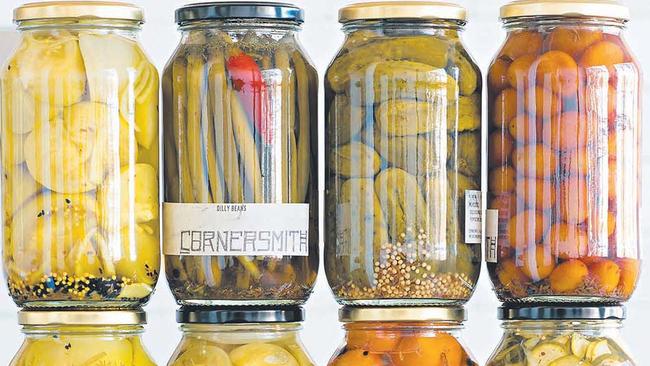
Our parents or grandparents remember what it was like. A neighbour with a heaving lemon tree would hand out bags of surplus fruit and maybe acquire a few freshly laid eggs in return. Bumper crops of quince or passionfruit might become chutney or jam. Italians made bottling tomatoes an annual event. Food was grown, shared, celebrated.
The past has not always been golden, but its best bits are worth preserving - and curing, fermenting, smoking and pickling, for that matter.
But in the age of mass food production, who under the age of 60 knows how to do these things anymore?
In their small cafe in Sydney's inner west, a young couple decided to make a change. Alex Elliott-Howery and her husband James Grant opened Cornersmith nearly five years ago in an old corner shop in Marrickville. Their ethos: serving good, seasonal, ethically produced food, the ingredients sourced locally where possible. So far, so normal. But things progressed from there.
The cafe buzzes the Saturday morning I visit, with groups at tables, on counter stools, standing, chatting; there are young children, a man reading alone. It's clearly a neighbourhood venue. The week's produce is listed on a blackboard; it ranges from naturally dried sugar plums to Feather & Bone ham and Pepe Saya butter. "No factoryfarmed goods," it proclaims. Many menu items are house-made. Gleaming bottles and jars of pickles and jams stand in rows, signalling the way the business has developed.
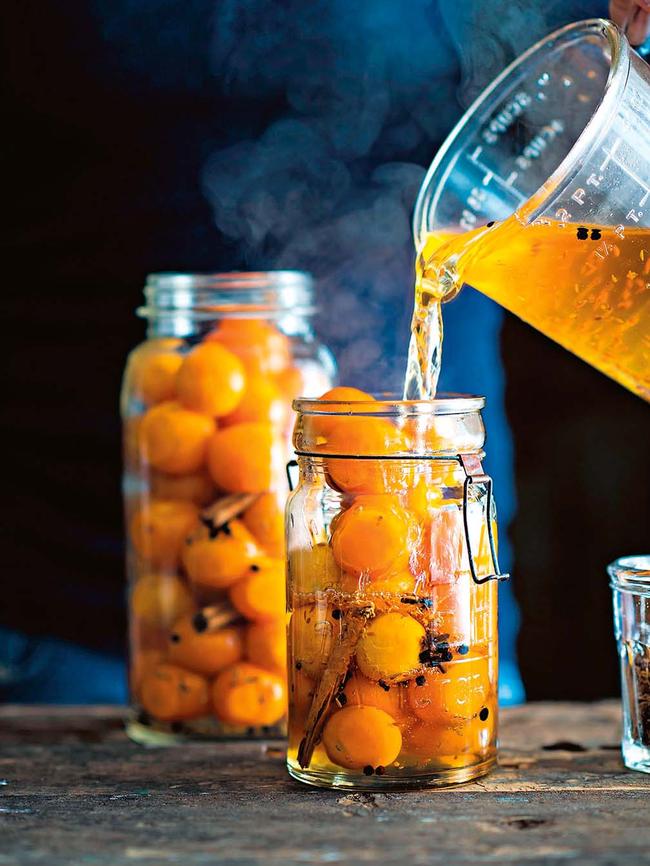
Alex, a Marrickville local, says that walking around the neighbourhood she would notice houses with fallen fruit abandoned beneath trees.
"This was an old Greek neighbourhood," she says.
"Families often had one or two food-bearing trees." Fruit and olive trees had been planted and tended by past owners but their fruit was now going to waste. Alex started knocking on front doors. "I asked if I could pick the fruit, then started experimenting with preserves," she says. "I taught myself; and if it worked well, I dropped a jar off to the people." She began to recognise a real need for knowledge in the community about what to do with surplus produce. "Thirty-seven per cent of rubbish in this area is food waste," she says.
Cornersmith started a neighbourhood trading scheme and it grew like Topsy. Local people bring random home-grown crops to be traded and used in the cafe, by the boxful or just in a paper bag.
Produce such as chokos, quinces, mandarins, oranges and lemons come in - in the week of my visit, more than 100kg of citrus was traded. In summer there are chillies, tomatoes, figs, mulberries.
In return, the local grower might receive a coffee in the cafe, or a jar of pickles.
"This is a big part of the business," Alex says. "It has brought the community together; people get involved, and they see the full circle. They bring something and then see it on the menu." Of 20 suppliers named on a changing blackboard list, all but two (Kurrajong and Kangaroo Valley) are suburban locals (from Marrickville, Dulwich Hill, Annandale, Tempe, Petersham, Hurlstone Park and Penshurst), trading fruits and herbs. A fruit and vegetable providore finds smallscale growers to supplement the home traders, and Egg Lady Deliveries searches out small, ethical farms (such as Highland Fresh Free Range) for eggs, milk, cheese and vinegars.
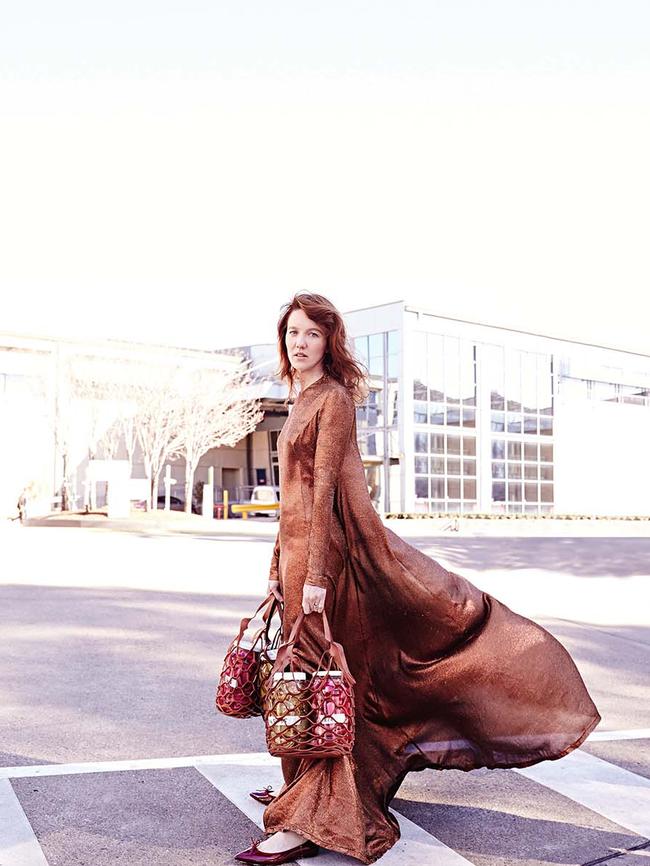
Out of the trading system, Cornersmith Picklery grew. It opened two years ago, a few minutes' walk from the cafe, the faded lettering of another corner store, a butchery, still showing beneath its awning. Here the team (with flexible part-timers, the two premises support about 25 staff) makes many of the foods used in the cafe, sells goods and runs home-craft workshops - cheese-making, pickling, fermenting, and more - taught by aficionados, either from the cafe or the small-scale suppliers it uses.
A key figure among "the small guys", as Alex calls them, is Kristen Allan, who makes cheeses, labneh and yoghurt, and passes on her skills at several of the picklery workshops. I sit in on one; the hands-on work (yoghurt, ricotta and labneh making) is interspersed with all kinds of tips and information including multiple uses for all the left-over whey, such as apple or lime soda made with fresh juice and whey, or whey caramel.
And then there are the bees. This precious resource is fostered by the Urban Beehive, which keeps hives around Sydney, including in the Botanic Gardens. "We're the Marrickville hosts," Alex says. "We produce about 200 litres of honey a year [from Cornersmith's rooftop hives]. The bees gather nectar in local gardens, the honey changes seasonally and tastes of gardens." Cornersmith is just one of many small businesses and organisations tapping into the DIY trend. Regional restaurants and cooking schools - including Royal Mail in Dunkeld, Victoria, Three Blue Ducks in Byron Bay, NSW, and Agrarian Kitchen in Hobart - foster kitchen gardens and hand-make everything feasible. At Muse Dining in the NSW Hunter Valley, family, friends and restaurant staff who have kitchen gardens bring herbs, figs, berries or citrus; a local vigneron with a small orchard might contribute, all paid in kind.
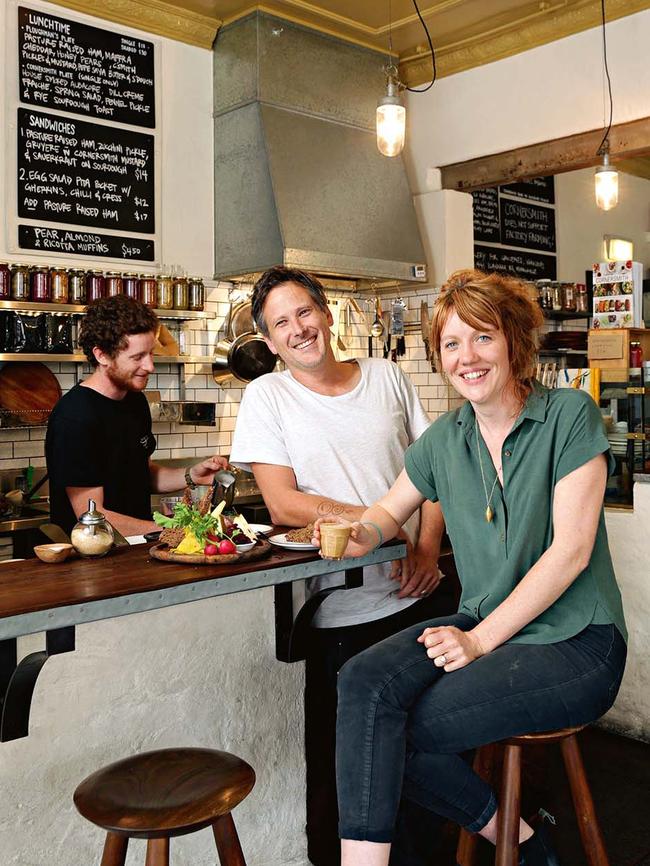
Little Green Corner, a cafe in Geelong, Victoria, and nearby Green Corner Farm come closest to Cornersmith's holistic community approach, exchanging coffee for spray-free produce brought in from local backyards, farmers or growers. They also host guided foraging days (in backyards, beaches or forests) and workshops in lost arts such as fermenting and salami-making.
The cafe's small, flexible menu is reliant on "local produce that walks through the door". Be they lemons, zucchini or spring onions, the cafe's website says, "bring them in and have a chat and a bloody good cuppa on the house".


